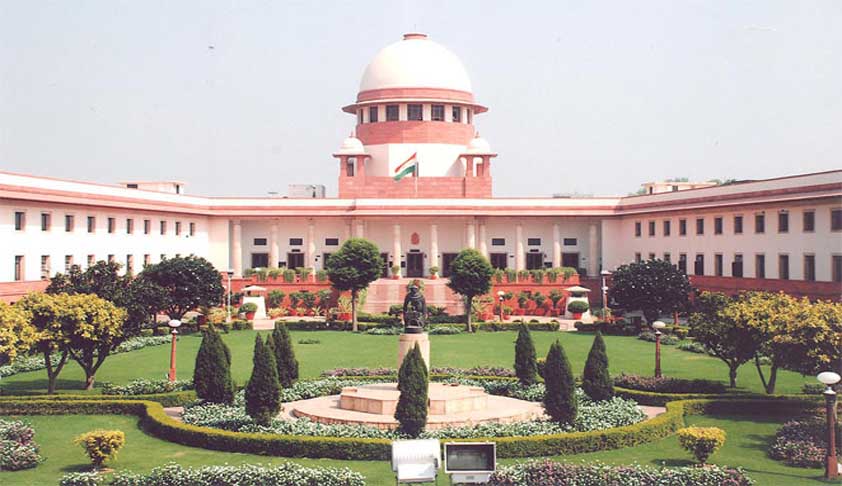Supreme Court reopens today after a long summer vacation of 49 days
Raghul Sudheesh
1 July 2013 7:33 AM IST

Next Story
1 July 2013 7:33 AM IST
Supreme Court is reopening today after a long summer vacation which lasted 49 days. Long vacations enjoyed by the Supreme Court judges have always been a topic of debate. The Supreme Court calendar for 2013 indicates that, the Court has 50 days of summer vacation, 6 days of Holi vacation, 6 days of Durga Pooja vacation, 8 days of Diwali vacation and 15 days of Christmas vacation apart...
